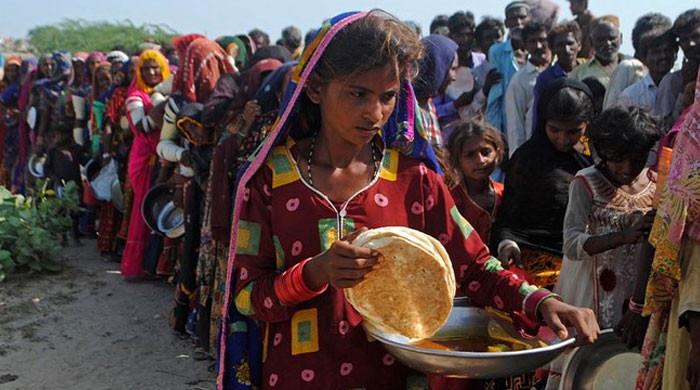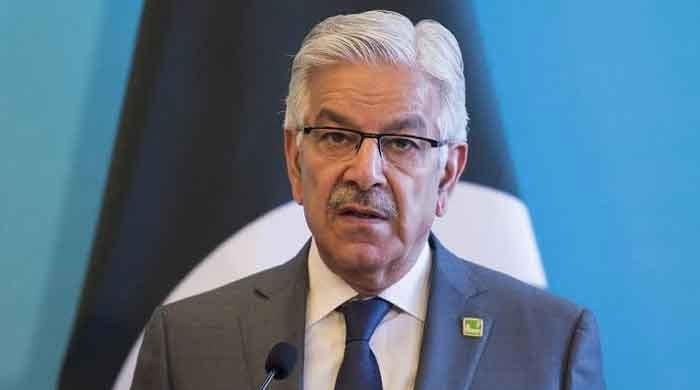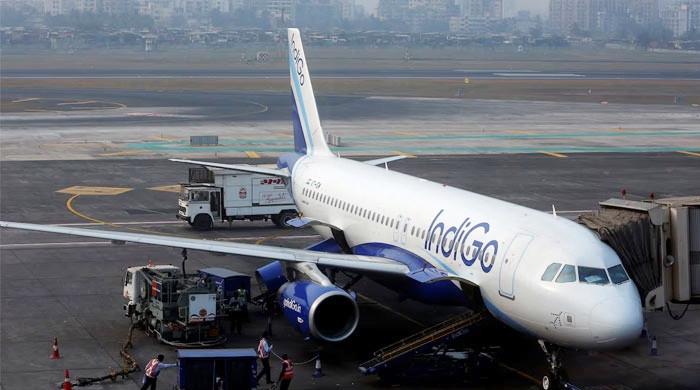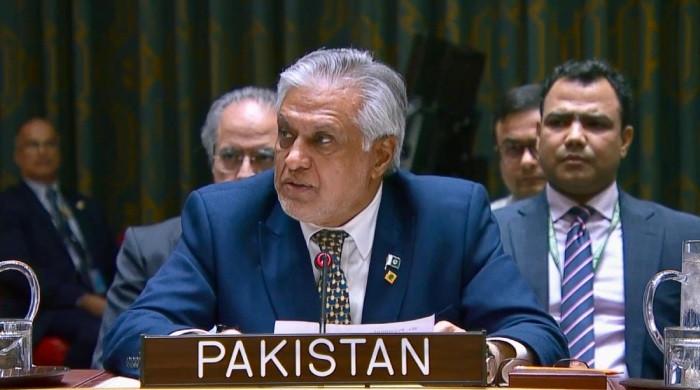Body set up to develop strategies to boost resilience against extreme weather events
Panel to review arrangements for disaster response, recommend measures to address environmental vulnerabilities
August 31, 2025
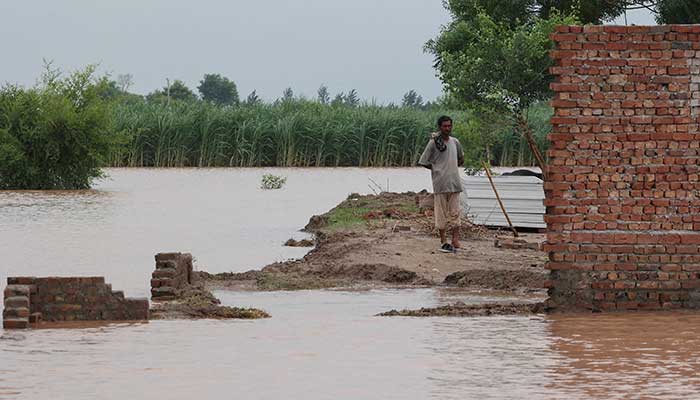
- Planning Minister Ahsan Iqbal will head the 13-member committee.
- Body to review existing flood protection and drainage infrastructure.
- Will form short, medium, and long-term plans for climate adaptation.
KARACHI: Prime Minister Shehbaz Sharif has formed a 13-member committee to develop strategies to enhance Pakistan’s resilience to extreme weather events, including cloudbursts, flash floods, and urban flooding, The News reported on Sunday.
Chaired by the Federal Minister for Planning, Development, and Special Initiatives, Ahsan Iqbal, the committee comprises key federal ministers, secretaries, experts, and stakeholders from across the country.
The development comes against the backdrop of havoc wreaked by floods and torrential rains in Punjab, Khyber Pakhtunkhwa and Gilgit Baltistan.
More than 840 people have been killed in various flood-related incidents across the country since late June, while also causing widespread damage to infrastructure and properties.
In Punjab, at least 33 people have lost their lives, and more than 2 million have been affected as severe flooding continues to inundate vast areas of the province which include as many as 2,200 villages submerged in floodwaters.
Meanwhile, the mandate of the high-level body formed by the PM includes reviewing existing institutional arrangements for disaster preparedness and response. It will also evaluate critical infrastructure and recommend measures to address environmental and urban vulnerabilities.
A copy of the official notification, issued by the Ministry of Climate Change and Environmental Coordination, obtained by the publication, outlines the committee’s broad Terms of Reference (TORs).
They include assessing the current flood protection and drainage infrastructure, exploring financing options (including climate finance) for key Public Sector Development Programme (PSDP) projects, and proposing legal measures to curb deforestation and environmental degradation.
It will also suggest targeted interventions to reduce urban flooding. It will evaluate early warning systems and recommend the installation of modern radars. Additionally, it aims to strengthen the capacity of federal and provincial disaster management authorities, particularly the National Disaster Management Authority (NDMA).
The committee is expected to submit a detailed report or presentation to the prime minister within 10 days. The Ministry of Climate Change will provide secretarial support to the committee.
In a parallel development, a special policy dialogue forum has also been constituted. This will engage all stakeholders, including provincial governments, federal ministries, semi-government bodies, civil society, and the media. Meetings will be held on a fortnightly basis to shape short, medium, and long-term national strategies for climate adaptation and disaster mitigation.
This forum includes the federal ministers for climate change, communications, and water resources. It also includes the Prime Minister's Advisers on Political Affairs and Inter-Provincial Coordination, federal secretaries, the Chairman of NDMA, and the secretaries of irrigation and environment from all four provinces.
Representatives from Azad Jammu and Kashmir and Gilgit Baltistan are also included. The Director General of the Pakistan Meteorological Department (PMD) is a key member of the forum.
The dialogue committee would review the preparedness of federal and provincial authorities to handle natural disasters, assessing financial requirements for water reservoirs and flood mitigation projects, and monitoring the progress of flood prevention and drainage schemes.
It will also focus on restoring natural water channels by eliminating encroachments. It will propose new legislation to penalise negligence related to deforestation. In addition, it will work on upgrading forecasting infrastructure to improve monsoon predictions and will help develop urban drainage strategies for rapid rainwater removal.





